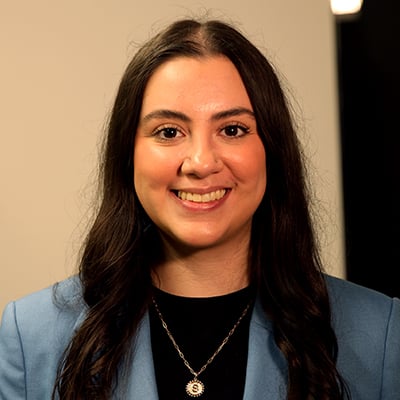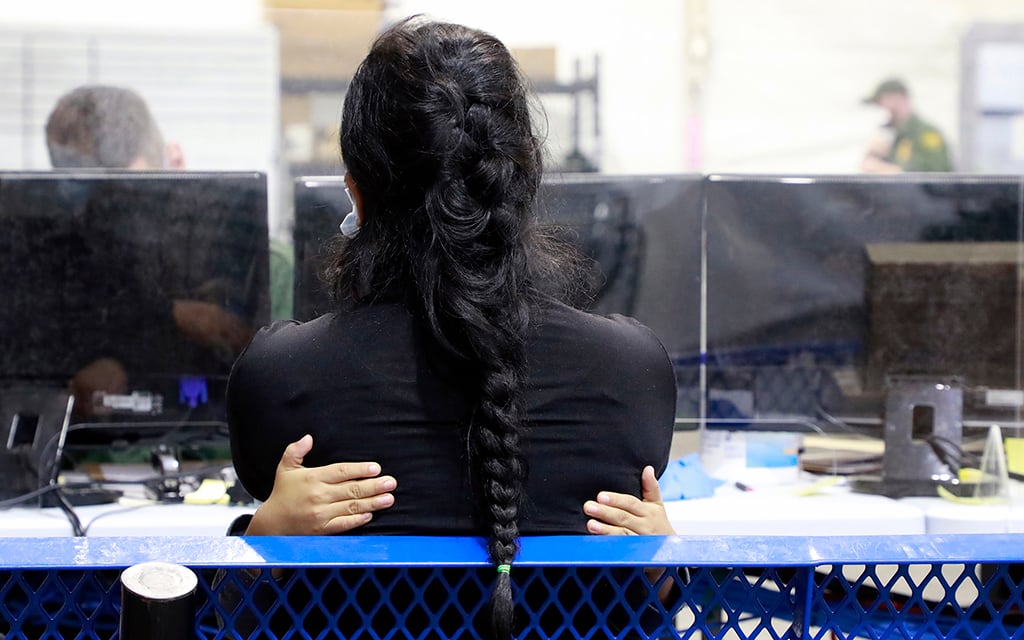WASHINGTON – Maria Benitez, who is undocumented, grew up with hopes of one day getting coverage under DACA, the 2012 program that protects migrants from deportation if they were brought here as children.
She says she qualifies. She applied. And then the government shut the door on her and thousands of others as part of the ongoing court challenges to the program.
That has left Benitez, 19, an Arizona State University student, feeling frustrated and worried, in addition to having to cope with added challenges to everyday life that being undocumented brings.
“You have to do things and sometimes you’re going to get nothing out of it. You have to work extra hard just to level up with everyone else,” she said. “It’s kind of just like waiting for a little miracle to help you get what you want.”
Benitez is not alone.
The Migration Policy Institute estimates that there are more than 1.1 million undocumented individuals in the U.S. eligible for Deferred Action for Childhood Arrivals protection – 44,000 in the state of Arizona. But fewer than half that number actually have DACA protection, according to the latest data from U.S. Citizenship and Immigration Services.
Benitez is one of an estimated 22,000 DACA-eligible residents without coverage in Arizona, a state where undocumented individuals cannot get a professional license, among other disadvantages. Benitez said that has led her to repeatedly change her college major.
“I know that regardless of the education I get it’s going to be really hard to get a job in this, so it took a lot of time for me to finally convince myself,” she said.
Despite that harsh reality, DACA advocates like Jose Patiño, vice president of education and external affairs of Aliento, say they encourage students like Maria to get an education if it’s financially possible.
“It is a challenge and it is a personal one. And I understand when people who have very strong grades decide not to go to college because of it,” said Patiño, a DACA recipient himself. “But I also tell them you are really just investing in yourself. The number one thing to do is always invest in your education.”
While the Department of Homeland Security stopped processing first-time DACA applications in October 2022, those who have coverage are still able to apply for renewal. But the overall number of people in the program is steadily shrinking.
According to USCIS, there were 589,660 DACA recipients on Sept. 30, 2022. That number fell to 580,310 on Dec. 30 and fell again to 578,680 on March 31, the most recent date for which numbers are available.
For Rep. Raúl Grijalva, D-Tucson, there’s an obvious solution.
“We need a law, it needs to be codified, and until that happens this back and forth, uncertainty, no certainty, is going to continue and that’s very very sad,” Grijalva said recently.
Benitez says not having DACA has left her feeling like she can’t ever fully stretch her legs, living in constant worry of family separation. But while she is unsure of what her future will hold, she remains hopeful that one day that fear will be no more.
“That’s kind of what my life is based on. You just have to take the leap and hope that in the end it will work out,” she said.

